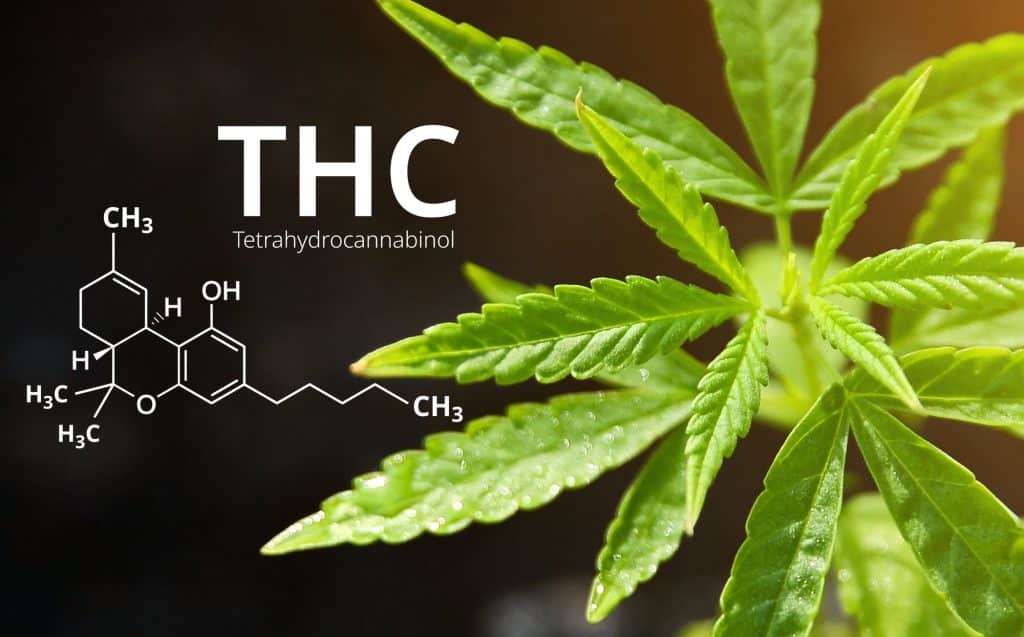Blog
Understanding the Different Types of THC and How They Affect You
As cannabis becomes more widely accepted and legalized in many parts of the world, the demand for different types of products containing THC (tetrahydrocannabinol) has increased. THC is the primary psychoactive compound in cannabis, responsible for the “high” associated with its use. However, not all THC is created equal, and understanding the different types of THC and how they affect you is essential for safe and enjoyable consumption.
What is THC?
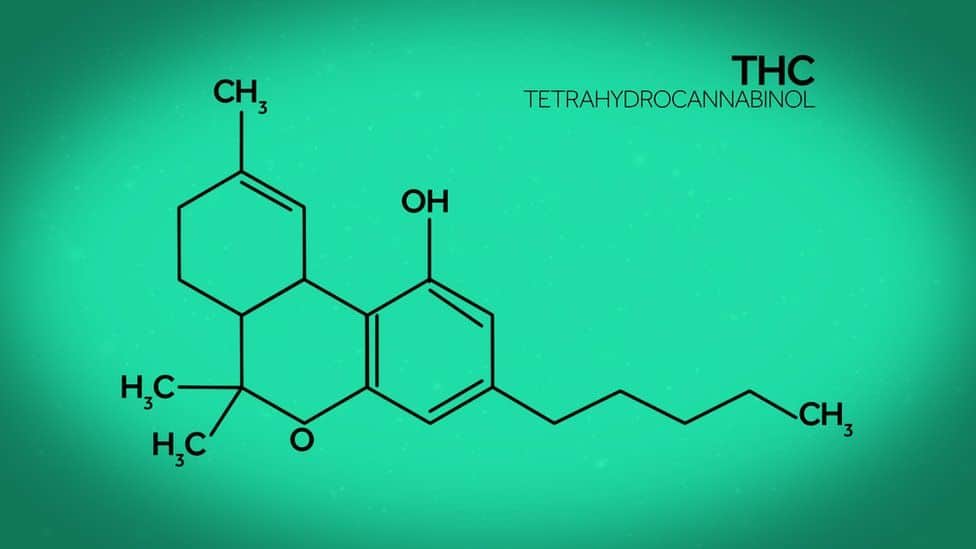

THC, or tetrahydrocannabinol, is a chemical compound found in the cannabis plant. It is the main psychoactive component that is responsible for the high associated with marijuana use. When THC is ingested or inhaled, it enters the bloodstream and binds to cannabinoid receptors in the brain, triggering a series of chemical reactions that produce the characteristic effects of marijuana use. These effects can include altered perception, changes in mood, and increased appetite. The potency and effects of THC can vary depending on several factors, including the strain of cannabis, the method of consumption, and the individual’s tolerance. While THC has been shown to have potential therapeutic benefits, it is important to use it responsibly and under the guidance of a healthcare professional.
Delta-9 THC
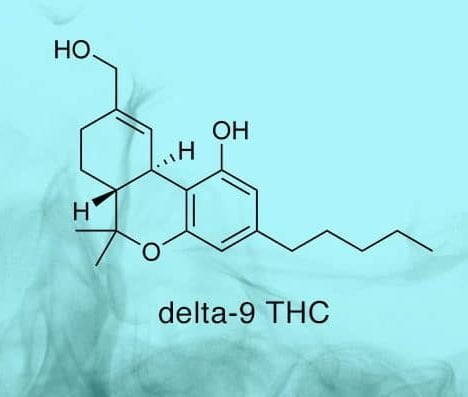

Delta-9 THC is the most commonly consumed type of THC and is the primary psychoactive compound found in cannabis. It is responsible for producing the euphoric and psychoactive effects that are often associated with the use of cannabis. Delta-9 THC is usually consumed by smoking or vaporizing cannabis flowers or by consuming edibles, such as gummies or baked goods, that have been infused with THC. When consumed, Delta-9 THC interacts with the body’s endocannabinoid system, specifically the CB1 receptors found in the brain, which results in the release of dopamine, a neurotransmitter responsible for feelings of pleasure and reward. The effects of Delta-9 THC can vary depending on the dose, the method of consumption, and the individual’s tolerance to the compound. Some of the most common effects include euphoria, relaxation, altered perception of time and space, increased appetite, and dry mouth. The effects can last anywhere from a few hours to several days, depending on the dose and method of consumption.
Delta-8 THC
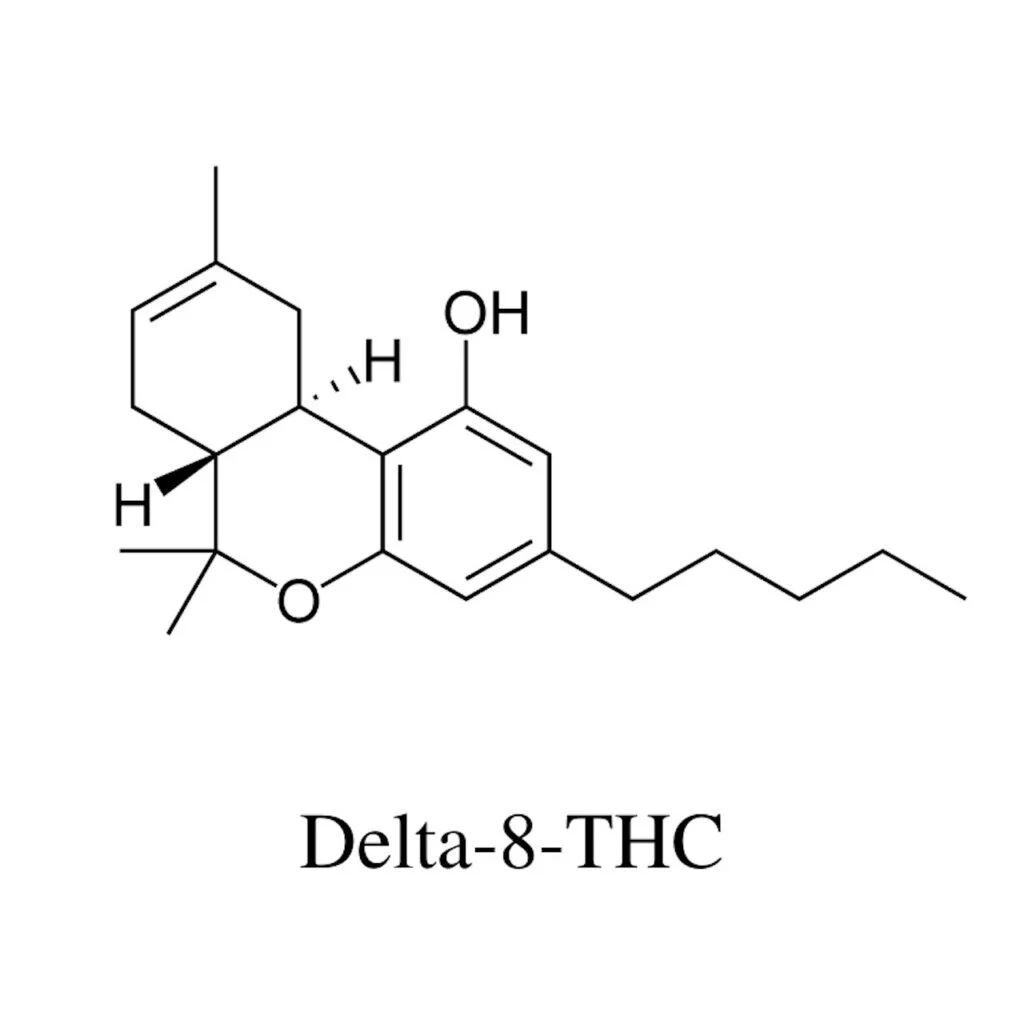

Delta-8 THC is a unique and relatively new alternative to the more commonly known delta-9 THC. It has a similar chemical structure to delta-9 THC but differs in a few key ways. Delta-8 THC is less potent than delta-9 THC, meaning that it produces a milder high. This may make it a more appealing option for those who want to experience the benefits of THC without feeling too intoxicated. Additionally, delta-8 THC may offer some therapeutic benefits, such as reducing anxiety and nausea, which could make it an attractive option for those seeking relief from these conditions. However, more research is needed to fully understand the effects of delta-8 THC and its potential benefits. It is also worth noting that the legal status of delta-8 THC is still unclear in some areas, so it is important to research the laws in your area before using it.
THCA
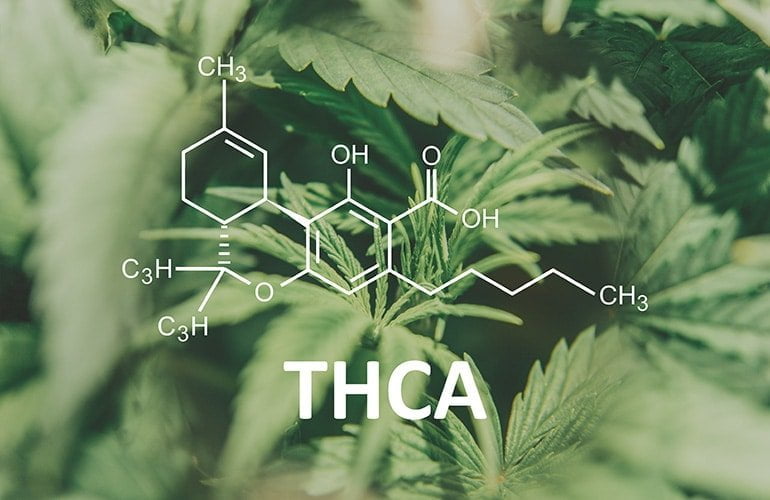

THCA, or tetrahydrocannabinol acid, is a naturally occurring compound found in raw cannabis plants. Unlike delta-9 THC, THCA is non-psychoactive and does not produce the “high” typically associated with cannabis consumption. Instead, THCA has potential health benefits that make it an attractive option for individuals seeking alternative treatments for various medical conditions. Research suggests that THCA may have anti-inflammatory properties, making it a potential treatment for conditions like arthritis, Crohn’s disease, and multiple sclerosis. Additionally, THCA may help alleviate pain, nausea, and vomiting, making it a promising treatment for cancer patients undergoing chemotherapy. While THCA is not psychoactive in its raw form, it can be converted to delta-9 THC through the process of decarboxylation, which occurs when cannabis is exposed to heat. This conversion occurs when cannabis is smoked, vaporized, or baked into edibles.
THCV
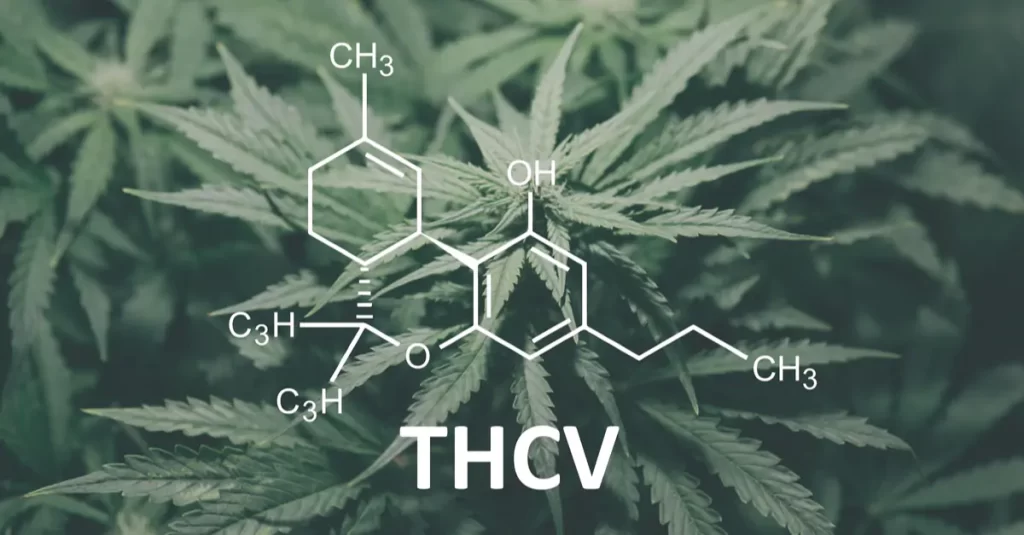

THCV, also known as tetrahydrocannabivarin, is a type of THC that has been gaining attention in recent years for its unique effects. Structurally similar to delta-9 THC, THCV produces a more energetic and stimulating high, often described as a clear-headed and uplifting experience. Unlike delta-9 THC, THCV may also have potential therapeutic benefits. Research suggests that THCV may help reduce anxiety, as well as aid in weight loss by regulating appetite and promoting metabolism. Additionally, THCV may have antipsychotic properties, making it a potential treatment option for conditions such as schizophrenia. While THCV-rich strains of cannabis are less common than those containing delta-9 THC, they can be found in some strains originating from South Africa, such as Durban Poison. Overall, THCV presents a promising area for further research into the potential therapeutic benefits of different types of THC.
Full-Spectrum vs. Isolate THC
When it comes to THC products, there are two main types: full-spectrum and isolate. Full-spectrum THC products contain a range of compounds found in the cannabis plant, including THC, CBD, and other cannabinoids, terpenes, and flavonoids. These compounds work together in what’s known as the “entourage effect,” where the different components enhance each other’s therapeutic effects. For example, terpenes can affect the flavor and aroma of a product and may also have therapeutic benefits. CBD, another cannabinoid found in the cannabis plant, can potentially reduce the psychoactive effects of THC and provide its therapeutic benefits as well. In contrast, isolate THC products contain only pure THC, with all other compounds removed. While isolated THC can be beneficial for certain uses, such as precise dosing in medical settings, it may lack the potential therapeutic benefits of a full-spectrum product. Ultimately, the choice between full-spectrum and isolate THC products depends on individual needs and preferences.
How Different Types of THC Affect You
Delta-9 THC is the most well-known and prevalent type of THC, and it is often associated with a strong, euphoric high. This type of THC is found in high concentrations in marijuana and is responsible for the plant’s psychoactive effects. Delta-8 THC, on the other hand, produces a more mellow and relaxing effect, with less intense psychoactive properties. Some people find that delta-8 THC produces fewer negative side effects, such as anxiety or paranoia, compared to delta-9 THC. THCA is the acidic precursor to THC, and it does not have psychoactive effects until it is heated or decarboxylated. THCA is commonly found in raw cannabis and may provide some health benefits, such as reducing inflammation and pain. THCV, on the other hand, can produce a range of effects depending on its form and dosage. Low doses of THCV can produce a stimulating effect, while high doses can be sedative. It is essential to start with a low dosage and proceed cautiously when trying different types of THC to find the most suitable and effective form for an individual’s needs.


